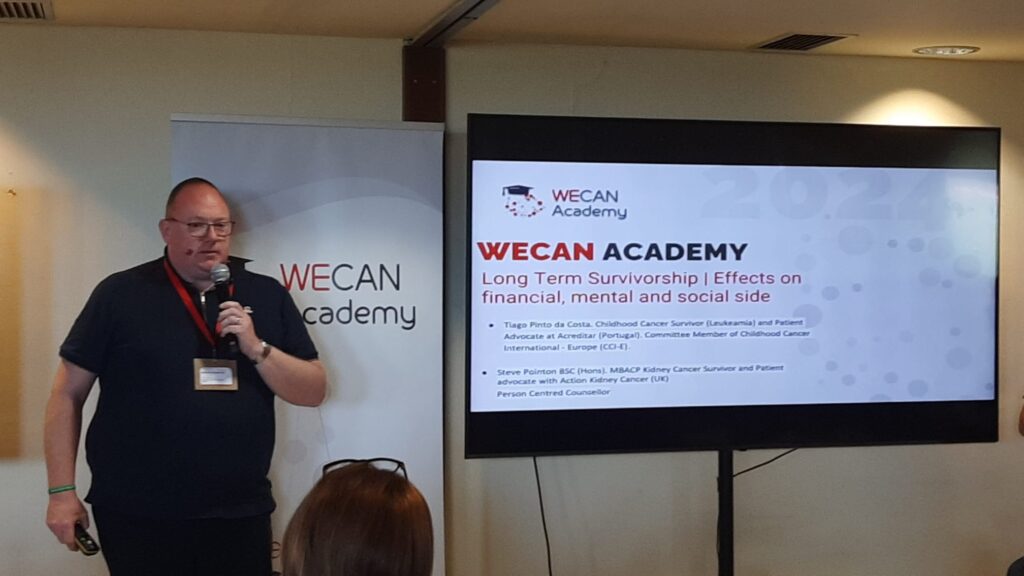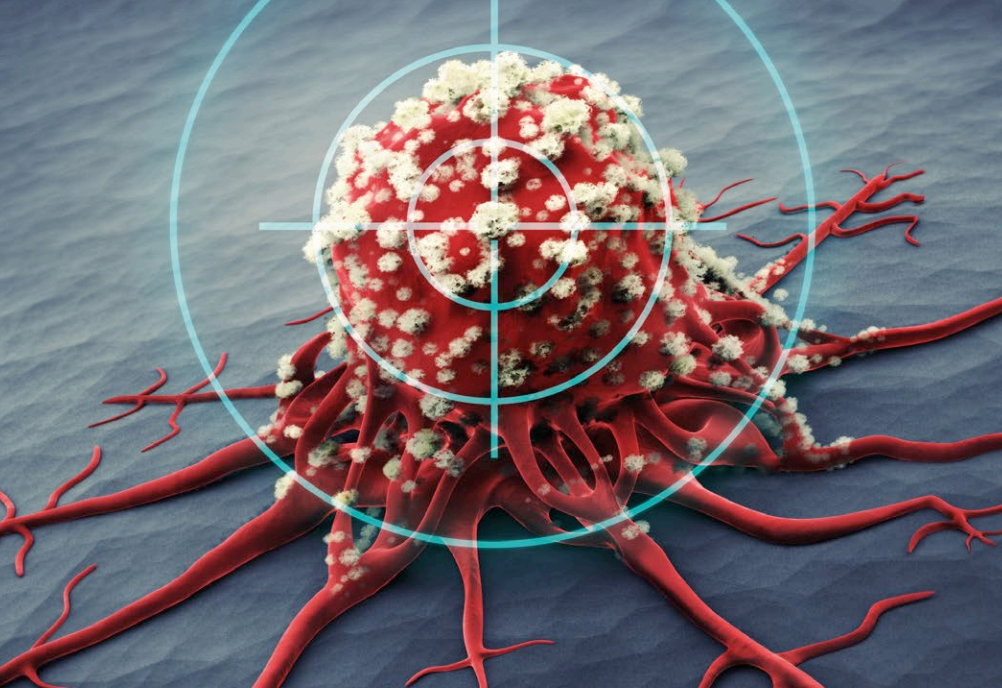Share this Page:
Action Kidney Cancer has joined the Cancer Charity Forum, a forum run by NHS England to keep cancer charities updated with NHS initiatives to improve and enhance cancer services across England. They held their quarterly meeting earlier this month. Here is what was discussed:
Major Conditions Strategy
The Major Conditions Strategy replaces the 10-Year Cancer Plan, that we were involved with last year. The 10-Year Cancer Plan was never published, but the comments that we made last year will be considered for the Major Conditions Strategy. One concern for cancer charities is that the Major Conditions Strategy does not focus on cancer services, but also includes the following major conditions:
- Cancers
- Cardiovascular disease, including stroke and diabetes
- Chronic respiratory diseases
- Dementia
- Mental ill health
- Musculoskeletal disorders
We are worried that rare and less common cancers (all cancers excluding breast, lung, prostate and bowel cancer) will be forgotten among all the conditions that are being considered in this strategy.
The Department of Health and Social Care (DHSC) has just launched their call for evidence on the Major Conditions Strategy that will be open for six weeks. We will be working with Cancer52 to make a submission to this call for evidence. Alongside this, they have published the outcomes from last year’s consultation on the 10-year cancer plan.
NHS update: Dame Cally Plamer, Chief Executive and National Cancer Director, NHS England.
Diagnosing more cancers earlier than ever before
NHS England is continuing to diagnose more patients with cancer at an early stage than ever before. Last year (2022), the proportion of patients diagnosed at stage 1 and 2 was 57.6%, 1.5% higher than pre-pandemic levels of 56.1% (Apr-19 to Mar-20). There obviously remains much more to do to reach 75% of patients diagnosed at stage 1 and 2 by 2028, but the early diagnosis rate has remained stubbornly stable since data became available, so to see it moving upwards is very promising.
NHS England doesn’t under-estimate the scale of the challenges many NHS cancer and diagnostic services are facing in meeting the record level of demand. However, these figures are a positive indication that continuing to encourage high levels of referrals and accelerating early diagnosis is the right approach.
March backlog
There has been considerable progress over the last six months on the reduction of the backlog of patients waiting 62 days or more from diagnosis to start of treatment. The 62-day backlog, which peaked at around 34,000 patients last summer, was down to just over 19,000 in March. The NHS are diagnosing and treating more people than ever before and making progress towards NHS longer term goals to improve performance against the waiting time standards.
The Faster Diagnosis Standard – ensuring at least 75% of patients on an urgent cancer referral are diagnosed or have cancer ruled out within 28 days – was reached for the first time in February this year.
Prioritising new diagnostic capacity for cancer services
NHS England have been asked to take the following 5 steps to prioritise the diagnosis of people with suspected cancer:
- All hospital trusts whose performance on the Faster Diagnosis Standard was below 70% in December 2022 are to present and deliver a plan to improve the diagnosis of cancer, using both Community Diagnostic Centres (CDCs) and hospital facilities. This includes asking them to set a 10-day turnaround time for diagnostic test results.
- Ensuring all standard and large CDCs have the capability, and sufficiently trained and dedicated staff, for the diagnosis of skin cancer.
- Commit to prioritising capacity for prostate MRI to improve diagnosis times.
- Maximising gastroenterologist availability to carry out endoscopies. Hospital trusts that have already done this have seen a 22% reduction in waiting times.
- Commit to a 10-day report turnaround time for histopathology services by March 2024.
If you would like any further information about these initiative, please contact sharon@actionkidneycancer.org.













